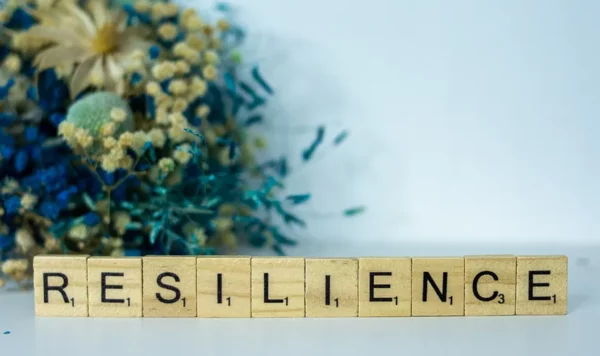#2 Developing your Organisation with Head, Gut and Heart
18 May 2019 | 2 min read

If you are a CEO, board member, division manager or entrepreneur, if you are the leader of executives, then you not only lead teams, but also an entire organisation. And organisations are more demanding to lead than teams: They are more complex, larger, more diverse, more impactful, more unpredictable, opaquer, and more emotional.
In a nutshell: They are a real challenge!
As President Truman used to say: “The buck stops here”, with you. As you are not only the one who has to make some major decisions, you also often have the ultimate responsibility for those decisions and their cultural impact.
An organisation is constantly evolving, regardless of whether you are involved in the process or not. However, if you want your organisation to develop according to your vision, this requires your active participation. The organisation is the means through which you, as a leader of leaders, achieve your company’s goals. The way in which the culture develops has a direct impact on your company’s results and is therefore of paramount importance to you and the future of the company.
If you, as a leader understand how organisations develop and what role the corporate culture plays in this, then you will also understand what you can do to optimise this development without encountering too much resistance. The process requires a lot of clarity about your future vision and your role, sensitivity in dealing with people and a good understanding of how organisations function on a personal level.
Major changes can be implemented more quickly in authoritarian regimes than in democratic societies. Fear and serious threats are well-known tried and tested means to change cultures or to get people to quickly do something they don’t want or aren’t used to doing. In these cultures, side effects are accepted with approval.
Since I assume that power abuse and authority do not correspond to your leadership values, we can talk about alternative approaches.
Of course, you don’t have to do everything on your own. You can get help for the implementation, but you must never give up responsibility for the direction and the OD measures.
My hope is to put you in touch with the issues that are important to the people who work in your organisation. Emotions, roles, culture, values, and communication will be the focus here. I will leave out the description of the more manual tasks of organisational development (such as process modulations, job descriptions, design of an organisational structure, etc.). You can get help from the human resources department or read further management and consulting literature on those topics. My aspiration is not to summarise theories, methods, and approaches for you for on which there is already sufficient literature.
In these blog series, I would like to offer you food for thoughts that will help you define your Leader´s role in Organisational Development (OD) more clearly in order to master this challenging task with head, gut and heart. A kind of “lessons learned guide” of organisational development, from practice to practice.
Enjoy the ride!
You find more advice in my Corporate Coaching!
SHARE THIS ARTICLE
Written by Drissia Schroeder-Hohenwarth
Transformative Coach for Leaders, Teams and Organisations with a fascination for the endless potential of the mind.
More articles from Drissia



